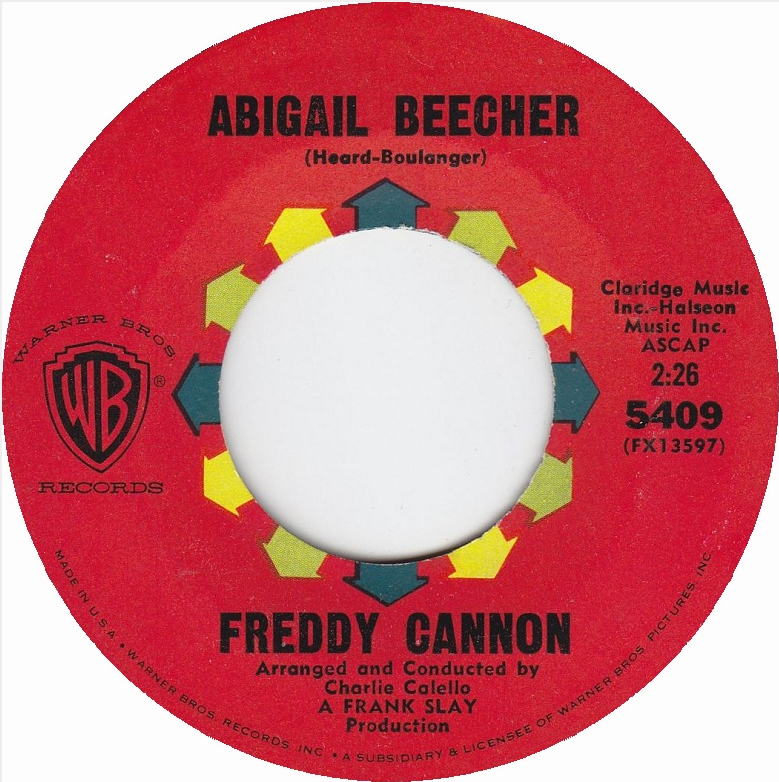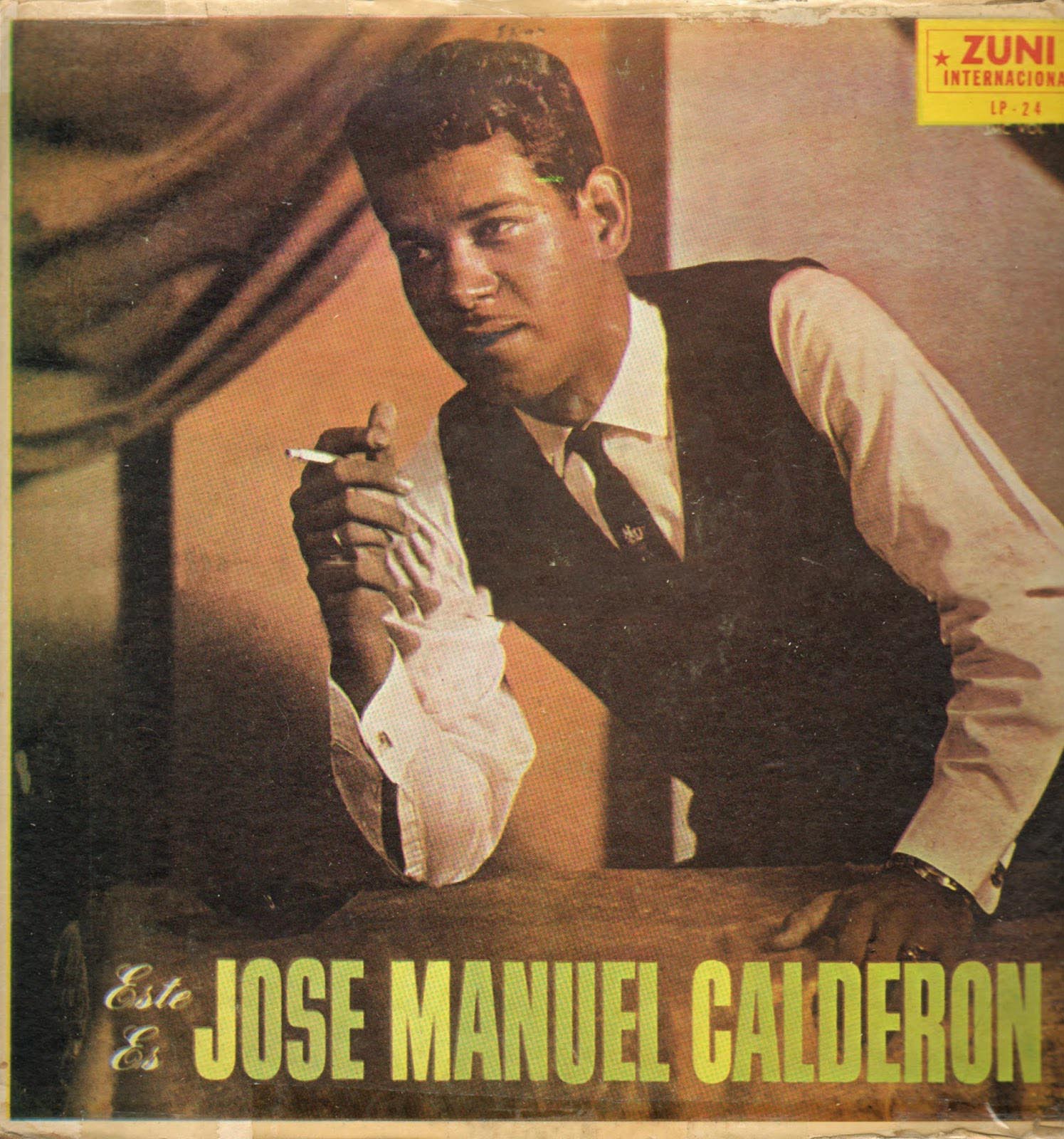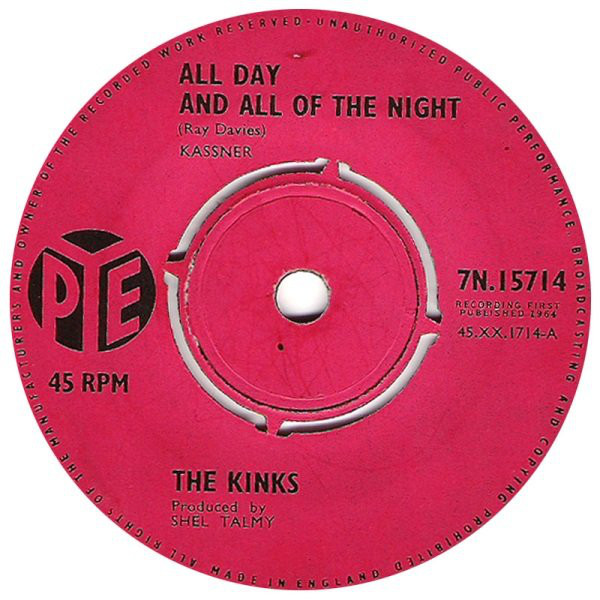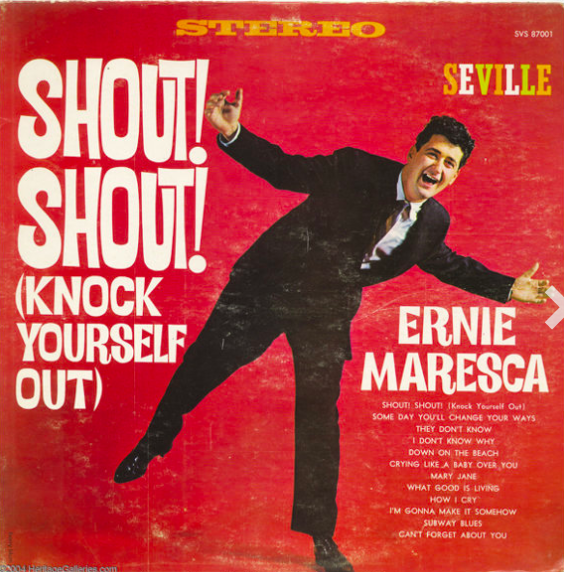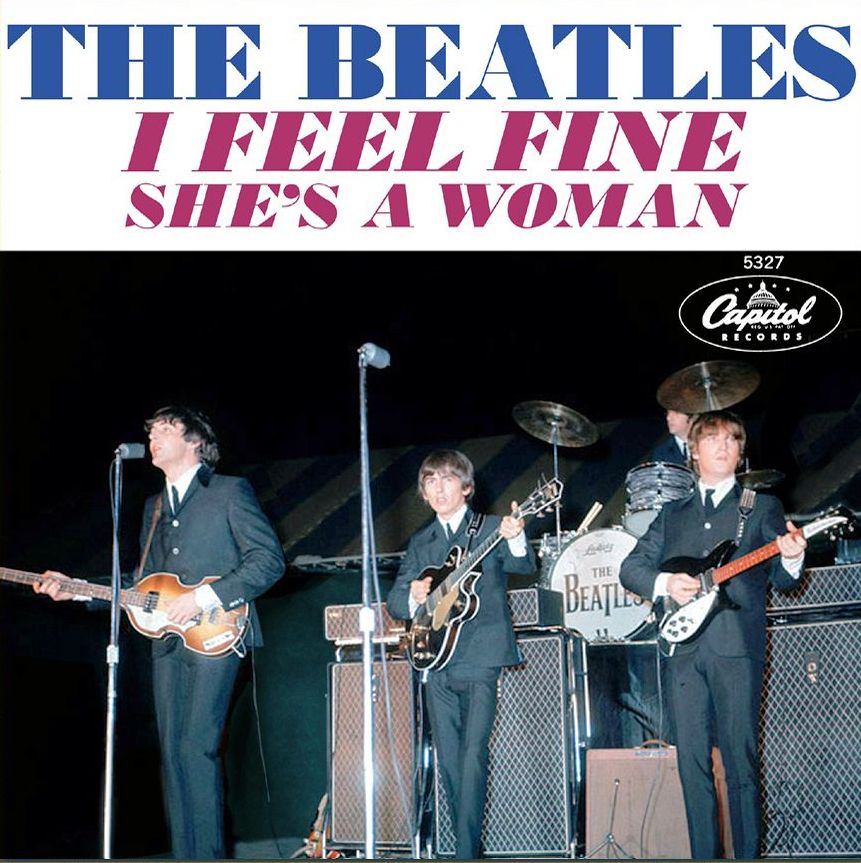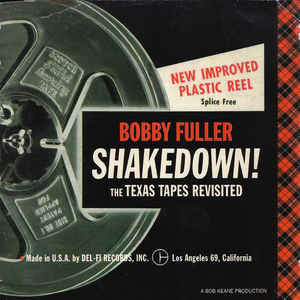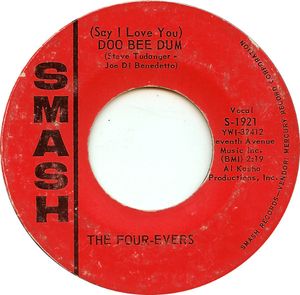
“(Say I Love You) Doo Bee Dum” (1964) – The Four-Evers * Written by Steve Tudanger and Joe Di Benedetto * 45: “(Say I Love You) Doo Bee Dum” / “Everlasting” * Produced by Al Kasha * Label: Smash
This Brooklyn group’s name and sound play off of their models the 4 Seasons. Their eventual hookup with that group’s Bob Gaudio and producer Bob Crewe secured them a record contract. “(Say I Love You) Doo Bee Dum” would be their last single, though, and that knowledge gives it a special dose of sweet pain. The short instrumental break at 1:28 sparkles and yearns like the sun setting on Coney Island on the last day of summer. Peaked at #119 in Billboard.


